Japanese School in Dubai, Al Wasl
Japanese School in Dubai – updated August 2019, KHDA 2019
Prospective parents should note that education is compulsory in Japan only between the ages of 6 and 15, with schooling divided between elementary provision between the ages of 6 years and 12 years, and Junior High/ Lower Secondary provision between the ages of 12 years and 15 years. The Japanese School in Dubai (DJS) mirrors this, with formal structured education beginning from the age of 6 years, and no educational provision after the age of 15 years. This division does not fit easily in our tables and to compensate we have provided extra clarification.
The Japanese School in Dubai is one of only two Japanese schools in the UAE, the other being the Japanese School in Abu Dhabi. The latter is significantly managed by the Embassy of Japan. Both schools were established to provide grounding in the Japanese education system with the expectation that students will return to Japan, as seamlessly as practicable, at some point in Junior High.
Both schools strictly follow the Monbukagakusho curriculum which makes it extremely difficult to evaluate the schooling comparatively, as the Western and Japanese systems of education weight skills, knowledge, facilities and development very differently.
Management of the Dubai school is via school governors including parents, industrialists and members off the Japanese Association of Dubai. The staffing of teachers at the school is directly controlled by the Japanese Ministry of Education, Culture, Sports, Science and Technology.
KHDA inspectors in their grading of the school reflect these different priorities. They raise some areas of quite significant concern for prospective parents and it is likely that were these areas of concern reflected in the scoring of a non-Japanese school, without the important cultural links to Japan, the relative KHDA grading would reduce from Good to Acceptable or worse.
A major strength of the school, brought out by the KHDA but which we cannot reflect in our standard tables, is its stand-out, exceptional teaching of the Japanese language and its related culture. Other key attributes include:
- Teachers “care very much” for all students and looked after their personal, social, emotional and physical needs
- Exceptional music teaching, including that provided for those children with Special Educational Needs SEN], many of which are not identified by the school
- “Very good” attainment and progress in the high school phase in Mathematics
- Students demonstrate outstanding levels of self-discipline and can work without supervision
Negatives, however, outweigh these strengths and give some cause for worry:
- The school’s premises are consistently neither safe nor clean
- Many areas of the school premises require “urgent” repair
- Cleaning of the premises is poor
- Science labs do not meet acceptable standards of provision
- Outdoor sports facilities are limited
- Library facilities are too small and inadequate
- Some classrooms are over-crowded and breach KHDA guidelines
- None of the recommendations from the previous inspection report have been fully met
- In most subjects, teachers do not modify the curriculum to meet the needs of students with different abilities
- The SEND department is ineffectively led by the Head of Science who no specialist qualification in, or knowledge of/in SEND
- Identification of children with SEN is weak
- Children are not identified when they clearly require specialist SEN support.
- There is no strategy to improve provision for SEND
- The school welcomes students with special educational needs and disabilities (SEND) but then provides no staff was no staff with specialized expertise to look after them
- Staff make inappropriate demands on children with Special Educational Needs and Disability
- The school has no formal written child protection policy
- Many areas of the school and its buildings require “urgent repair”
- Monitoring of the premises is not vigilant
- The governing board does not hold school leaders sufficiently to account
- Aspects of building and facility provision require adaptation
- School infrastructure and facilities are limited and do not promote a culture of innovation
- The school has wholly inadequate strategic planning
- Curriculum offers very limited subject provision impacting on the education of older children
- The school has extremely limited enrichment
- The school does not comply with UAE Ministry of Education requirements for the teaching of Arabic as an additional language
- The school does not provide Islamic education for Muslim students at all
In understanding what is happening, the KHDA partially root the problems in the structural failures of Japanese school management which require 3-yearly changes in leadership. This inhibits continuity, longer-term planning and prioritising. There is also a serious critique of governance for not stepping in to assist with the very clear need to invest in the school.
We are particularly concerned at the wholesale failure in SEND provision, and the ongoing decline in school buildings, which are now over two decade’s old.
Our view is that parents should not in any way be diverted by the school’s KHDA “Good” rating from the very serious issues the school faces moving forward. It is unlikely to meet the needs of parents of children with Special Educational Needs or Disability (SEND) – and all parents will question sending their children to any school without acceptable standards of basic repair and overcrowding in classrooms.
The Abu Dhabi school fairs much, much better – and enjoys exceptionally strong cultural links with both the Japanese Embassy and the Abu Dhabi government through its Emirati programme. Whilst travel between Emirates will place significant demands on parents in Dubai, we believe, as it stands, it provides a significantly better option for parents committed to a Japanese education for their child(ren)
There are significant responsibilities on school governance, and ownership, which falls to the Japanese Association of Dubai, which established the school in 1980. We would be very surprised if the many Japanese companies investing in, and based in Dubai, would not invest in a school representing their nation and presence.
As it stands, notwithstanding outstanding teaching in Japanese core subjects, value fees and a particularly inspirational and accomplished music teacher, we cannot recommend the Japanese School in Dubai without serious qualification. Parents should be advised that the school, unlike its Abu Dhabi counterpart, is not managed, supported by or linked with the Japanese Embassy.
Request School Information
Good
Good
Good
Good
Private, not-for-profit
FS1: NA
FS2: 22,800
YEAR 1: 16,816
YEAR 2: 16,816
YEAR 3: 16,816
YEAR 4: 16,816
YEAR 5: 16,816
YEAR 6: 16,816
YEAR 7: 16,816
YEAR 8: 16,816
YEAR 9: 16,816
YEAR 10: NA
YEAR 11: NA
YEAR 12: NA
YEAR 13: NA
Japanese:
Japanese Ministry of Education, Culture, Sports, Science and Technology (文部科学省 Monbu-kagaku-shō) [MEXT / Monka-shō / Monbukagakusho curriculum]
Japanese Ministry of Education, Culture, Sports, Science and Technology (文部科学省 Monbu-kagaku-shō) [MEXT / Monka-shō / Monbukagakusho curriculum]
No
Not published
140
1:7
Japanese
25%
1980
Al Wasl, Dubai
Japanese (largest nationality)
Emirati: 0
Special Educational Needs (SEN): 2
Mixed, co-educational
Yes
Japanese Association of Dubai
(Principal: Osamu Okamura)
+ 971 (0)4 344 9119
60% (Elementary age 6 - 12)
66.6% (Junior High/ Lower Secondary age 12 - 15)
NA
NA
60% (Elementary age 6 - 12)
66.6% (Junior High/ Lower Secondary age 12 - 15)
NA
NA
NA
NA
NA
40% (Junior High/ Lower Secondary age 12 - 15)
NA
NA
NA
NA
NA
60%
100%
40%
60%
80%
40%
20%
40%
• Exceptional music teaching
• Outstanding teaching in the core Japanese curriculum
• Value fees
• Ownership and governance
• Investment leading to disrepair
• Lack of SEND provision
• Overcrowding



















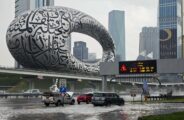
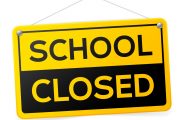
























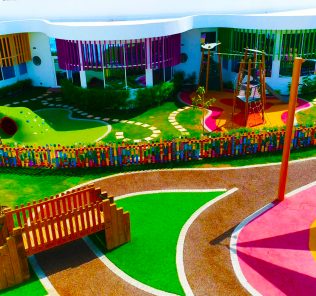
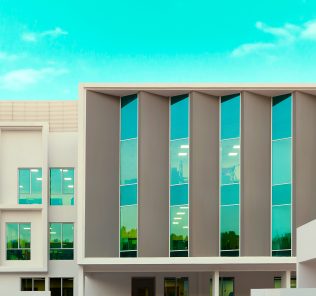
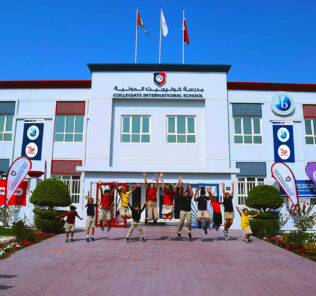
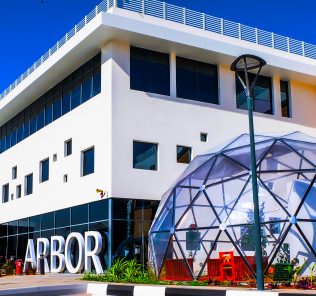
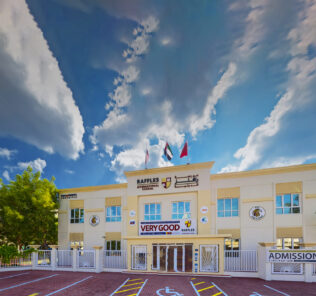
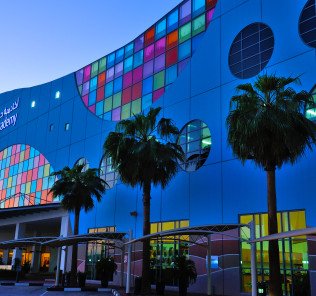

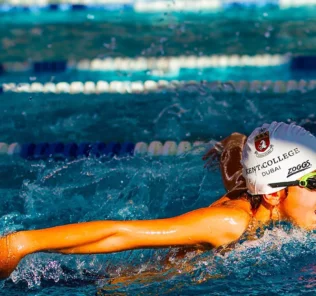

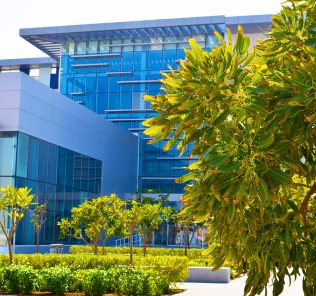



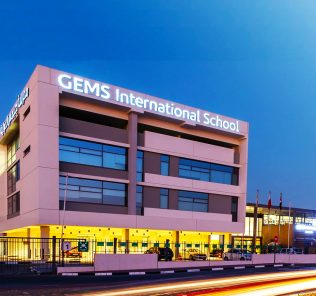













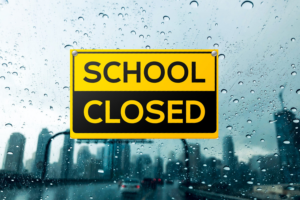

Leave a Response